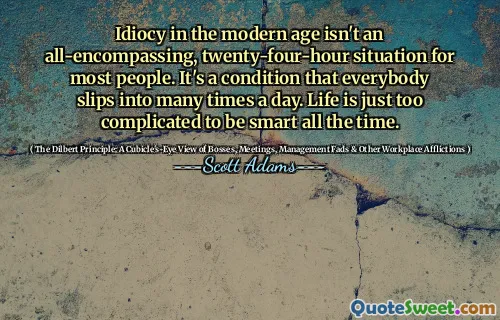In a nobler age one could have answered such impertinence by jostling his lordship as he stood holding open the door, so that he would have been obliged to demand a meeting. Or did one, even in that age, refrain from jostling people in doorways when a lady was present?
In the text from Georgette Heyer's "Venetia," the narrator reflects on a time when social norms permitted more direct confrontation, suggesting that a more honorable response to someone's arrogance would have been to physically jostle them. This action would have compelled the individual to confront the speaker, marking a clear social challenge. It hints at a historical context where such behavior was acceptable, indicating a contrast with contemporary manners.
The reflection also questions whether even in that more noble era, such actions were tempered by the presence of a lady. The mention of a lady suggests societal constraints that govern behavior, hinting at the interplay between chivalry and gender norms. Overall, this excerpt underscores the complexities of social interactions and the expectations placed upon individuals in a refined society.





